Sharmistha Jat
Cem Mil Podcasts: A Spoken Portuguese Document Corpus
Sep 23, 2022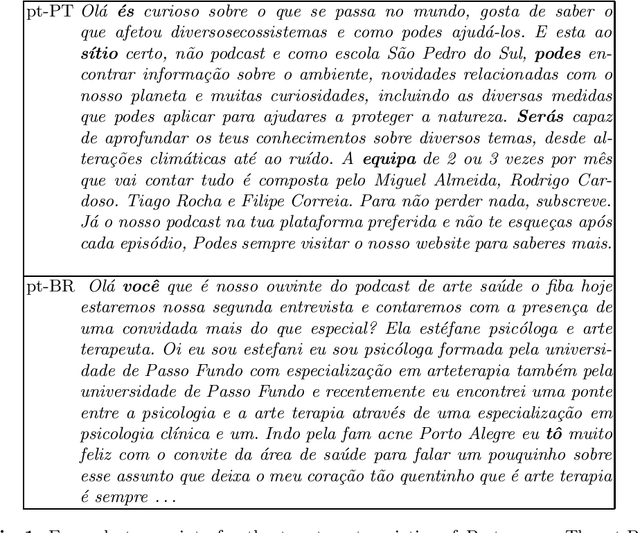
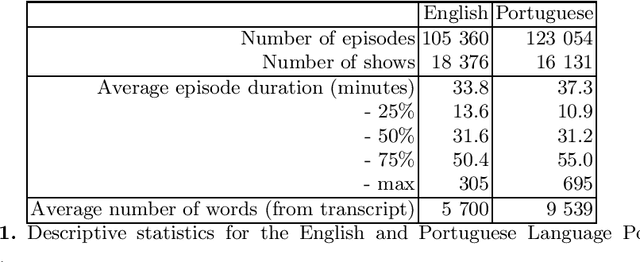
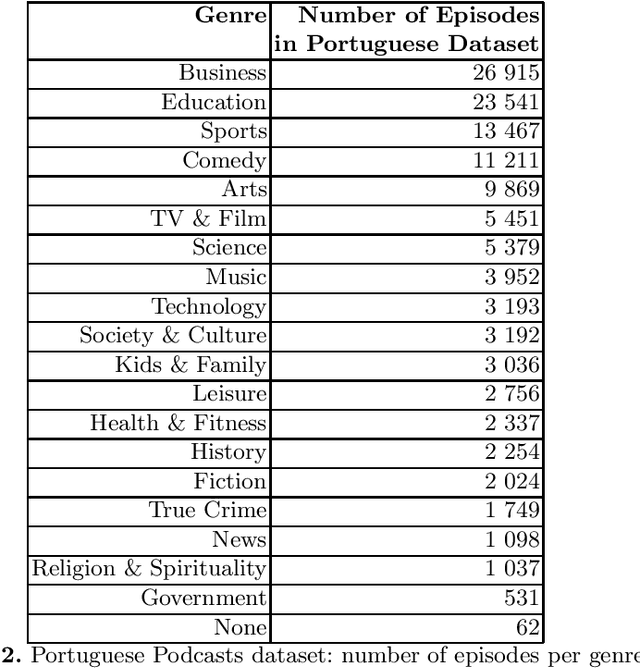
Abstract:This document describes the Portuguese language podcast dataset released by Spotify for academic research purposes. We give an overview of how the data was sampled, some basic statistics over the collection, as well as brief information of distribution over Brazilian and Portuguese dialects.
Relating Simple Sentence Representations in Deep Neural Networks and the Brain
Jun 27, 2019

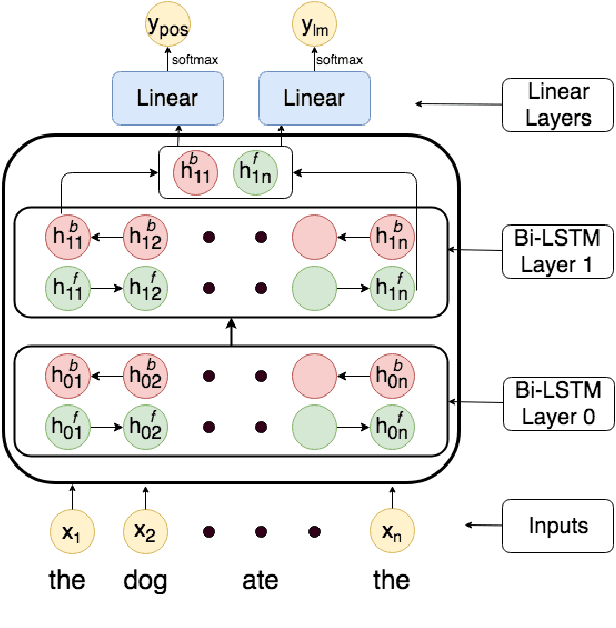
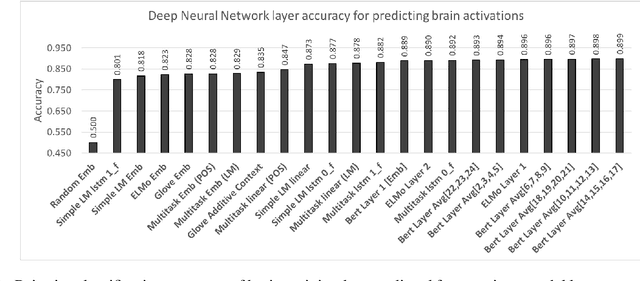
Abstract:What is the relationship between sentence representations learned by deep recurrent models against those encoded by the brain? Is there any correspondence between hidden layers of these recurrent models and brain regions when processing sentences? Can these deep models be used to synthesize brain data which can then be utilized in other extrinsic tasks? We investigate these questions using sentences with simple syntax and semantics (e.g., The bone was eaten by the dog.). We consider multiple neural network architectures, including recently proposed ELMo and BERT. We use magnetoencephalography (MEG) brain recording data collected from human subjects when they were reading these simple sentences. Overall, we find that BERT's activations correlate the best with MEG brain data. We also find that the deep network representation can be used to generate brain data from new sentences to augment existing brain data. To the best of our knowledge, this is the first work showing that the MEG brain recording when reading a word in a sentence can be used to distinguish earlier words in the sentence. Our exploration is also the first to use deep neural network representations to generate synthetic brain data and to show that it helps in improving subsequent stimuli decoding task accuracy.
Improving Distantly Supervised Relation Extraction using Word and Entity Based Attention
Apr 19, 2018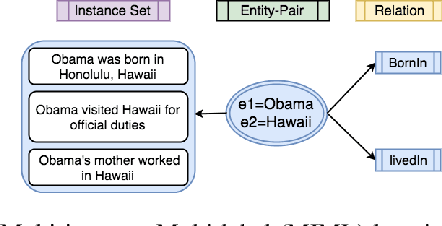

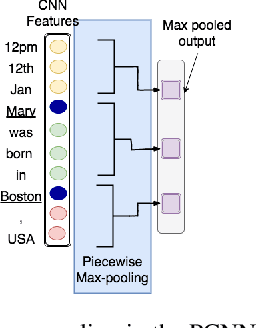

Abstract:Relation extraction is the problem of classifying the relationship between two entities in a given sentence. Distant Supervision (DS) is a popular technique for developing relation extractors starting with limited supervision. We note that most of the sentences in the distant supervision relation extraction setting are very long and may benefit from word attention for better sentence representation. Our contributions in this paper are threefold. Firstly, we propose two novel word attention models for distantly- supervised relation extraction: (1) a Bi-directional Gated Recurrent Unit (Bi-GRU) based word attention model (BGWA), (2) an entity-centric attention model (EA), and (3) a combination model which combines multiple complementary models using weighted voting method for improved relation extraction. Secondly, we introduce GDS, a new distant supervision dataset for relation extraction. GDS removes test data noise present in all previous distant- supervision benchmark datasets, making credible automatic evaluation possible. Thirdly, through extensive experiments on multiple real-world datasets, we demonstrate the effectiveness of the proposed methods.
 Add to Chrome
Add to Chrome Add to Firefox
Add to Firefox Add to Edge
Add to Edge